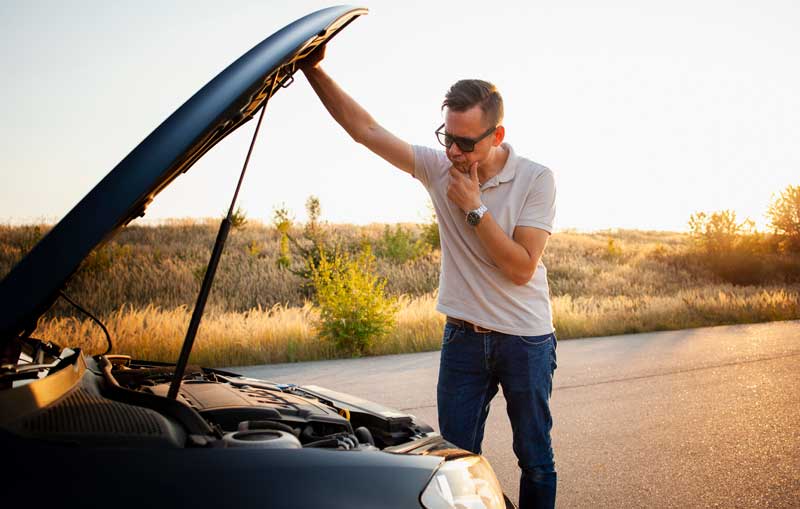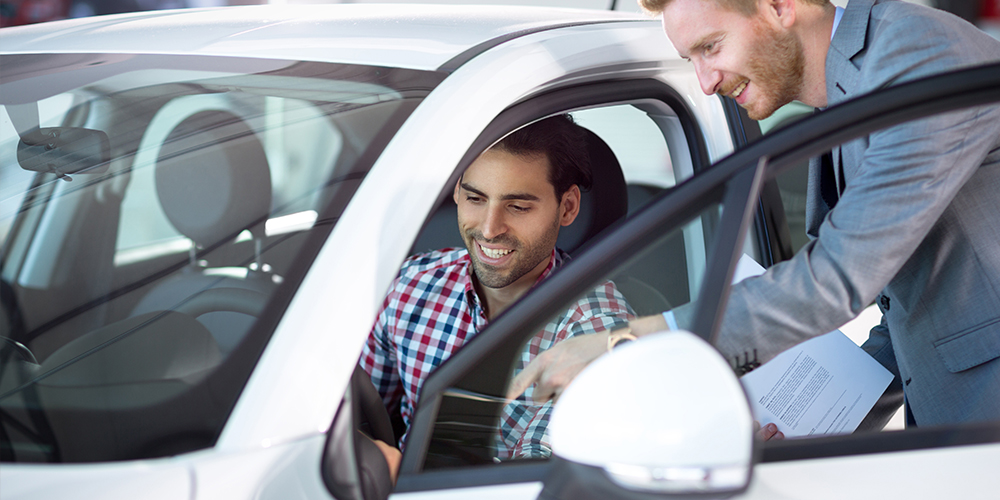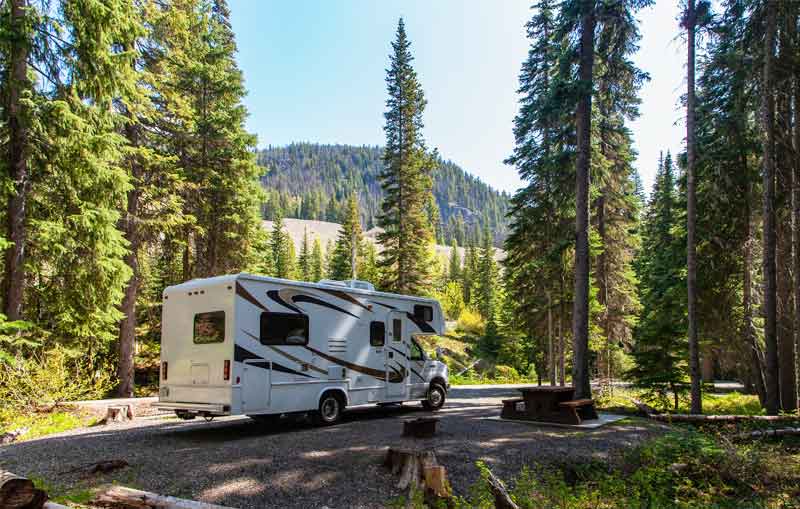When it comes to the car you drive, there is a lot to be said for keeping the old “payment-free” vehicle you’ve been driving for years. Not only do you not have the monthly car payment expense, but you also don’t have to follow all the requirements for auto insurance for financed cars.
There does come a time, though, when we have to decide whether we should continue to repair our old car repeatedly or finally recognize that it is probably time to buy a new car. Factors like age, mileage, and condition of the vehicle can have a huge impact on this decision.
In fact, your old car may be costing you more than you think! Let’s explore the hidden costs of keeping an older car to see if it may be time for you to consider a new one.
The Hidden Costs of Keeping an Old Car
Your old car may be costing you money in ways that you may not even be aware of. From high mileage that causes mechanical issues to fuel inefficiency, these costs can really add up.
Repairs and Maintenance
Older cars with higher mileage have common mechanical issues associated with age and use. This typically results in more frequent future maintenance issues that can get quite costly over time.
Fuel Inefficiency
When it comes to old cars and new cars, a major difference is fuel economy. By design, older cars were gas guzzlers, and the new trend is to be as efficient as possible. Add in the wear and tear due to the miles on the car, and you could potentially spend around 35% more fuel per mile to keep driving your old car.
Insurance and Registration
Typically, older cars are less expensive to insure. However, there are some situations where your older car can actually cost more to insure. If your car lacks some of the essential safety features or has parts that are hard to find or expensive to replace, this can cause increased rates. In addition, if the vehicle is considered antique or classic, this can raise insurance rates as well as registration costs in states where vehicle registration is based on value.

Opportunity Cost: What Else Could That Money Do?
Now that we’ve determined that driving your old car costs more than we thought, we should perhaps think about what else that money could do. Here are some things to consider.
Annual Costs to Own an Old Car
To get a realistic view of what your old car is costing you, take some time to research your vehicle type to find the average annual repair and maintenance costs. Combine this with insurance, registration fees, and fuel inefficiency to determine the amount of money you are spending, then decide if that money could be spent better.
Could That Money Work Harder Elsewhere?
Once you have determined the annual cost of owning, operating, and maintaining an older car, compare that with the monthly payment on a newer car. You may find that the payment on a new car makes more sense than the repair bills on the older car. Not to mention the benefits of newer vehicles, which include:
- Modern safety features
- Improved fuel efficiency
- Access to the latest connectivity technology
- Manufacturer warranties that cover mechanical issues
When Keeping an Old Car Still Makes Sense
Sometimes it makes sense to keep your old car. Here are a few examples.
1. Good Condition and Low Mileage
If your vehicle is in good condition and well-maintained, it will require minimal repairs, possibly making it worth keeping.
2. No Monthly Payments
There’s a lot to be said for no monthly car payments. This can give you peace of mind, especially when budgets are tight.
Signs It’s Time to Let Go of Your Old Car
You also have to be able to recognize when it is time to get rid of the older car and buy a new car.
1. Repair Costs vs. Value
A general rule of thumb is that when the repairs outweigh the car’s worth, it is probably time to buy a new car.
2. Constant Reliability Concerns
If you are concerned about reliability and are constantly stressed about whether the older car is dependable, it is probably time to buy a new car.
Smart Next Steps
Should you consider buying a new car? Here are some steps to take to get the answers you need.
Calculate Total Cost of Ownership
Educate yourself about the total cost of ownership, including all expenses to operate, maintain, and repair your older car so you will know exactly what you are spending on owning your old vehicle.
Compare Trade-In, Selling, or Donating
Once you determine it is time to get rid of the old car and buy a new car, you have the option to use the vehicle as a trade-in when buying a new one, sell the old car to an individual or car-buying company, or donate the car to a charity or technical college depending on what works best for your situation.
Explore Financing Options for Your Car Purchase
It is smart to utilize the auto loan calculators on your credit union’s website to estimate your monthly payment for a new car purchase to see what you can afford. You can also contact your financial institution directly to get pre-approved to buy a car so you can start shopping for your new vehicle.
Keeping Your Old Car vs Buying a New Car
While it seems like holding on to your old car is a cheaper option than buying a new one, that’s not always the case. A little research on the cost of owning your old car can show you how quickly those extra repairs can add up. Every situation is unique, so it is a smart money move to do your research to see if buying a new car makes more sense than keeping your old car.
Contact our auto loan financing experts today to learn more about your options for buying a new car and getting pre-approved for an auto loan so you can start looking for the perfect vehicle!



